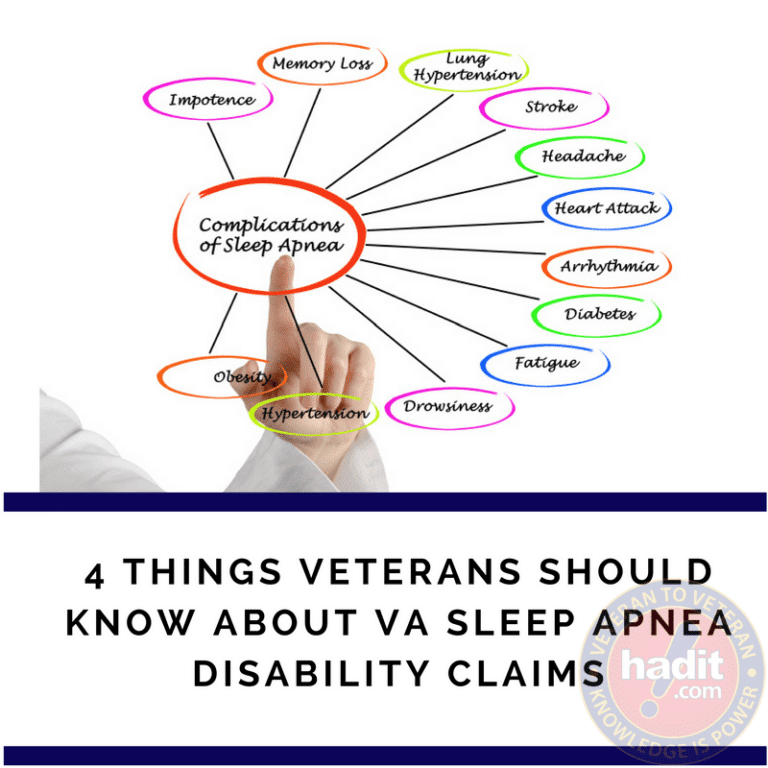What is PTSD (Post-traumatic Stress Disorder)?
PTSD is an anxiety disorder that surfaces after experiencing a very dangerous, frightening, and uncontrollable event such as military combat exposure, a violent crime, a life-threatening accident such as a car wreck, criminal or sexual assault, a terrorist attack, or a natural disaster such as a tornado, flood, hurricane, or earthquake. Not everybody who is exposed to a stressor requires treatment. If left untreated, however, PTSD can affect individuals to the point that, over time, even their daily functions become seriously impaired. This places them at higher risk for self-medication and abuse with alcohol and drugs, domestic violence, unemployment and underemployment, homelessness, incarceration, and suicide. Research studies have also shown that PTSD is linked with co-occurring physical illnesses such as physician-diagnosed chronic pain, hypertension (high blood pressure), sleep disorders, and cardiovascular disease.
What are the symptoms of PTSD?
Symptoms of PTSD can be terrifying and usually start soon after the traumatic event, although they may not surface for weeks, months, or even years. PTSD symptoms fall into four categories:
- avoidance (amnesia, disassociation, numbing, hyper-vigilance, controlling behavior, and isolation);
- reliving or re-experiencing (flash- backs, sleep disorders, overwhelming feelings, and overreacting);
- victimization (distrust of others, abandonment, helplessness, and fear of change); and
- shame (feeling guilty, feeling as if you’re mentally ill, and feeling unworthy).
Untreated PTSD also can have a negative impact on one’s family and loved ones; sometimes those suffering from PTSD also develop symptoms of depression that are severe enough as to require additional treatment.
In acute PTSD, symptoms generally last one to three months after the traumatic event. In chronic PTSD, symptoms generally last three months or longer, and with delayed onset PTSD, at least six months elapse between the traumatic event and the onset of symptoms. If your symptoms are bad enough, go directly to a hospital.
REMEMBER: If you recognize any of these symptoms, you are not alone and help is available. It is not your fault. Take a healthy risk and reach out for help.
What treatments are available for PTSD?
There are, fortunately, several evidence-based treatments for PTSD. These include cognitive therapy and exposure therapy; eye movement desensitization and reprocessing; and some medications, such as selective serotonin reuptake inhibitors. Always discuss with your physician which medication may be right for you.
Where do I turn for help with PTSD?
The following organizations can provide assistance and referrals for PTSD:
- Vet Centers – Vet Centers provide readjustment counseling and outreach services to all veterans who served in any combat zone. Services also are available for family members for military-related issues. Source: Vietnam Veterans Of America
- National Center for PTSD802-296-6300 www.ncptsd.org
- Veterans Affairs Medical Centers800-827-1000 www.va.gov
- Mental Health America800-969-6642 www.nmha.org
- Witness Justice800-495-4357 www.witnessjustice.org
- Military One Source800-342-9647 www.militaryonesource.com (for active duty military)
- International Society for Traumatic Stress Studies847-480-9028 www.istss.org




